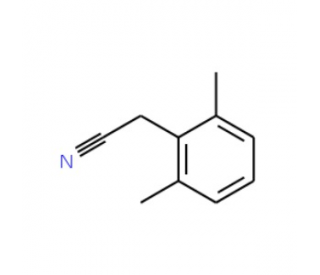详细说明
Species Reactivity
Rat
Specificity
Detects rat KOR in direct ELISAs.
Source
Recombinant Monoclonal Rabbit IgG Clone # 1123A
Purification
Protein A or G purified from cell culture supernatant
Immunogen
Rat KOR N-terminal synthetic peptide
Accession # P34975Formulation
Supplied as a solution in PBS containing BSA, Glycerol and Sodium Azide. *Small pack size (SP) is supplied as a 0.2 µm filtered solution in PBS.
Label
Unconjugated
Applications
Recommended
ConcentrationSample
Immunocytochemistry
8-25 µg/mL
See below
Please Note: Optimal dilutions should be determined by each laboratory for each application. are available in the Technical Information section on our website.
Data Examples
Immunocytochemistry | KOR in CHO Chinese Hamster Cell Line. KOR was detected in immersion fixed CHO Chinese hamster ovary cell line transfected with KOR using Rabbit Anti-Rat KOR Monoclonal Antibody (Catalog # MAB8867) at 10 µg/mL for 3 hours at room temperature. Cells were stained using the NorthernLights™ 557-conjugated Anti-Rabbit IgG Secondary Antibody (red; Catalog # ) and counterstained with DAPI (blue). Specific staining was localized to plasma membrane and cytoplasm. View our protocol for . |
Preparation and Storage
Shipping
The product is shipped with polar packs. Upon receipt, store it immediately at the temperature recommended below. *Small pack size (SP) is shipped with polar packs. Upon receipt, store it immediately at -20 to -70 °C
Stability & Storage
Use a manual defrost freezer and avoid repeated freeze-thaw cycles.
12 months from date of receipt, -20 °C, as supplied.
1 month, 2 to 8 °C under sterile conditions after opening.
6 months, -20 to -70 °C under sterile conditions after opening.
Background: KOR
KOR is a 45 kDa 7TM opioid receptor that is primarily expressed in the central nervous system and peripheral visceral pain sensory nerves. Following ligation by dynorphin peptides, KOR signaling induces analgesia, dysphoria, diuresis, and increased feeding desire. KOR also exerts neuroprotective and anti-inflammatory effects. Human KOR shares 94% amino acid sequence identity with mouse and rat KOR.
Long Name:
Kappa Opioid Receptor
Entrez Gene IDs:
4986 (Human); 18387 (Mouse); 29335 (Rat)
Alternate Names:
kappa opioid receptor; kappa-type opioid receptor; KOR; K-OR-1; KOR-1; Opiate receptor, kappa-1; opioid receptor, kappa 1; OPRK; OPRK1; Oprk2; R21











 粤公网安备44196802000105号
粤公网安备44196802000105号